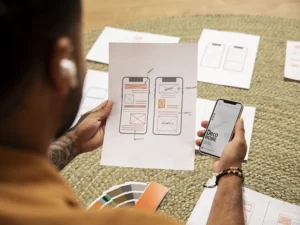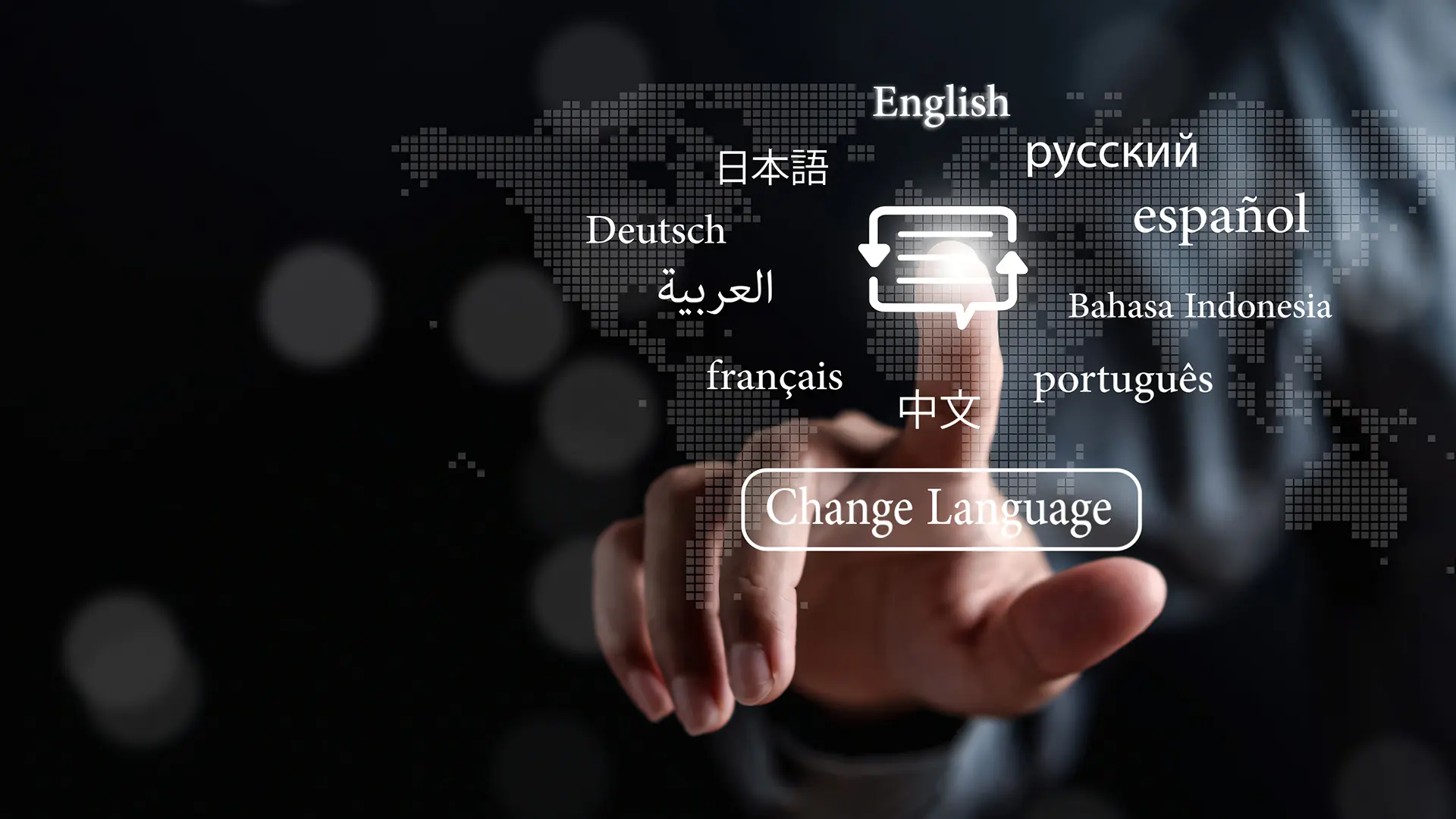The mobile app market has evolved far beyond simple design and functionality considerations. Today, an app’s ability to connect with users across different languages and cultures is often the deciding factor of its commercial success. That’s why app localization has become a key step in the development process, taking basic text translation and adapting it linguistically, culturally, and technically to make apps feel native in every target market.
In this article, we’ll explain why app localization services are essential for growth, what to look for in a localization provider, and why proper testing is crucial to getting it right. If you’re looking to increase downloads, improve ratings, and build loyal user bases in new markets, understanding these localization basics will help.
Why localization is essential for app growth
English might be the dominant language for software development, but it’s only the preferred language for about 25% of mobile users worldwide. If your app is only available in English—or any single language—you’re essentially closing the door on millions of potential users.
App localization services open that door by making your app speak naturally to users in their own language and cultural context. The benefits speak for themselves:
- Better app store visibility: Localized apps show up in search results in multiple languages, helping more users discover your app.
- Smoother user experience: Apps that are tailored for specific languages and cultures feel more intuitive and enjoyable to use.
- Higher download and retention rates: People are much more likely to download and use apps that are in their own language and feel familiar.
- Competitive advantage in saturated markets: Many developers skip localization entirely, which means there’s a real opportunity to stand out in countries with high growth potential.
Addressing localization early in development also saves significant time and money when you’re ready to enter new markets, as it streamlines a critical part of the international expansion process.
What to look for in app localization services
Good app localization isn’t just about translating buttons and menu text. It’s a complex process that requires both linguistic accuracy and technical know-how—something best handled by experienced professionals. To ensure you’re in the right hands, here’s what you should look for in a localization provider:
Development and internationalization experience
The best app localization services combine translation with an understanding of how your app is built. They’re equipped to handle things like variables, screen space limitations, logical text flow in different languages, and regional formats for dates, times, and numbers. They also ensure compatibility across operating systems. In short, your localization team should be fluent in both the user’s world and the developer’s.
A specialized team
Successful localization requires different types of expertise working together. Look for providers with teams of native-speaking linguists and engineers who can work on your codebase as needed. Together, they’ll make sure every piece of your app functions smoothly in every language.
Cultural awareness
Localization is all about adapting to cultural expectations. That might mean tweaking visuals, symbols, color schemes, cultural references or even technical features that could seem strange or inappropriate in other markets. It’s this level of detail that makes your app feel like it was built for each audience, not just translated for them.
Ability to handle multiple languages and scale
If you’re planning to launch in multiple markets, choose a provider that can handle several languages at once and adapt quickly to changes. They should be able to manage updates and roll out translations consistently across all versions of your app. Scalability ensures your growth won’t be held back by localization bottlenecks.
Integration with your development tools
Modern app development moves fast, and your localization process needs to keep up. Your provider should be able to work smoothly with the platforms you already use, like GitHub, Figma, Jira, and continuous translation tools. At Linguaserve, for example, we offer direct integration with content management systems (CMS) and development environments, making the localization workflow efficient, collaborative, and free from bottlenecks.
Why is testing so important?
Linguistic and functional testing is the final, and arguably one of the most critical, stages of the localization process. Unfortunately, too many teams make the mistake of launching localized versions of their app immediately after translation, without verifying how the app performs in real-world conditions. This oversight can lead to costly mistakes.
Every mobile app localization project should include three types of testing:
- Functional Testing: Confirms that the app operates correctly across all languages. It identifies technical issues such as coding mistakes or incorrectly rendered text.
- Linguistic Testing: Ensures translations are accurate, natural-sounding, and contextually appropriate, as well as adapted to the target culture.
- UX/UI Testing: Evaluates how well your interface accommodates each language, both visually and structurally. This is especially important for languages that have longer words (like German) or read in different directions (like Arabic).
Thorough testing also uncovers problems like text that’s broken up incorrectly, missing translations, or characters that don’t display properly. When you test on real devices and platforms in your target markets, you end up with a polished experience that users can trust.
App localization isn’t just a nice addition to your development process—it’s a strategic investment that can significantly expand your app’s global reach. By choosing an app service that lets you scale without sacrificing quality, you improve your app store optimization and build real connections with users around the world.
At Linguaserve, we’ve helped tech companies navigate this process for over 20 years, delivering multilingual product launches with speed, precision, and certified quality.
Want your app to feel native in every language? Let’s talk about how we can support your international growth with reliable localization solutions.



